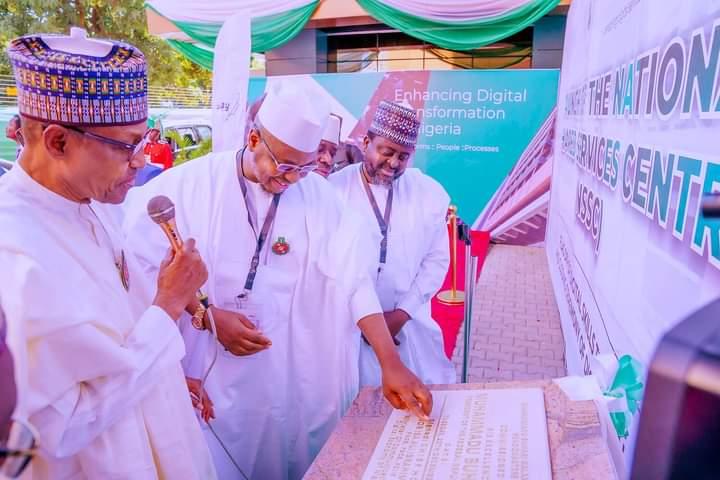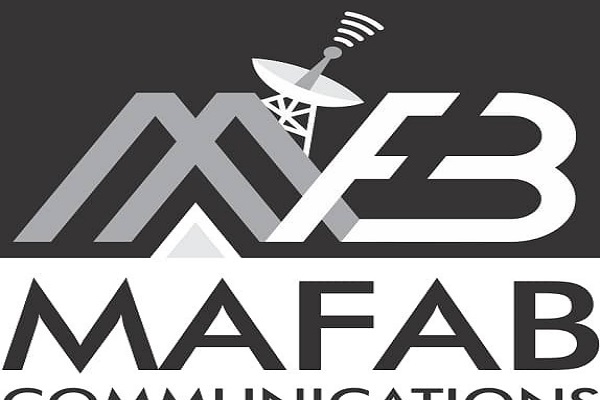Currently, Nigerians and most importantly, prospective Foreign Direct Investors (FDIs) are waiting with keen interest the way and manner the Nigerian Senate Committee on Banking, Insurance and other Financial Bodies will present its public hearing report on the alleged transfer of $13.9bn made by leading telecoms giant, MTN Nigeria.
Ab-initio, preliminary investigations are rife that the laws and regulatory framework regarding the obtainment of a Certificate of Capital Investment (CCI) are clearly unrealistic and archaic. This is based on the fact that the system as it operates now, does not allow for easy access to such in a 24hrs required window and it remains a challenge.
It would be recalled that contrary to speculations that MTN carried out the transfer of $13.9 billion without due process, the telecoms giant had maintained that it complied with Nigerian fund transfer rules and did not send money out of the country until it obtained regulatory approvals.
In a statement, Ferdi Moolman, chief executive of MTN Nigeria said the group always requested “certificates of capital importation (CCI)” for capital brought into Nigeria and dividends were repatriated based on those investments.
“MTN Nigeria only requested for CCIs for foreign capital that was imported into Nigeria, and dividends were externalised on CCIs,” he said.
Before the Red Chambers adopted the resolution for the public hearing, Senator Dino Melaye had raised the matter calling for an investigation into MTN’s repatriation of funds.
The public hearing had taken place and everybody is waiting for the report.
But looking at the matter as it is, leading Company Law expert in Lagos, Barr. Mecson Ebuede in an interview said “The Senate should busy itself identifying and reviewing obsolete laws and Acts that are not in tune with the speed of business especially those driven by FDIs because they are not here for tea party rather for business and business only.
“Lawmakers should occupy themselves with issues and matters that will grow business and not matters that will discourage investments both local and foreign at all times.
He added that “Such articulate reviews from time to time will among other things save the shame of embarrassing public hearing to discuss whether or how one should take profits made from a business he has paid taxes on”.
“First of all, MTN did not steal Nigerian money and that is clear.
Ebuede summed his position saying “Lawmakers should try to look into Acts and laws that will make such transfer of made profits very much easier than going after companies that are doing the right thing under the unnecessary stress of archaic and untenable obligatory requirements”.
According to him, “Nigeria cannot afford to lose MTN investments or the likes of deep pocket investors in that category this time”.
“To me, the best bet for the lawmakers will be to make or review business laws that support “Ease of doing Business” and getting Nigeria up to the scale of the Global ITU list rather than making it harder, especially in view of the present Economic position we find ourselves.
Barring his mind on the need to take another look at the CCI regulations of the Central Bank of Nigeria (CBN), an investment banker, Dr. Ken Igboanugo said beyond rhetoric, “Leaders have a moral responsibility to get in on this type of discuss to get the ones saddled with archi-type responsibility to understand the “Spirit of the Law Instead of the Letter of the Law”.
He said laws are made for man and man for laws, so also, “laws are made for businesses and not vice versa”.
In his submission, he said “How we deal with a company like MTN matters to the international community, which has been reflected in an article by the German legislative arm in an article that mentions that Nigerian leaders (legislative arm inclusive) bleed over $50Billion annually, and also that attitudes such as was displayed by the law makers, will most certainly push away would be investor. This is the exact opposite of what Nigeria needs at this time after all.
Lagos lawyer, Dipo Ajomale, said time has come for all the three arms of Government ( Executive/ Legislative and Judiciary) to appreciate and mandate against all present and potential bottlenecks across all sectors to increase our national competitive average in order to better manage Nigeria’s ease of doing business in the eyes of deep pocket foreign investors.
To him, MTN Nigeria is no pushover in the massive transformation of the Nigerian economy from the historical oil economy to the current campaign of knowledge based economy which is apt worldwide.
While agreeing that MTN’s role as a major enabler of the Nigerian economy is unbeatable, he showcased how MTN business in Nigeria has inspired economic growth by leveraging technologies that best suit different business goals.
He said this is time to dispel or correct misguided views of business practice while providing clarity about global best practice, stressing that the idea will further drive more FDIs into the economy and boost the performance of existing ones and indigenous off takers.
Ajomale argued further that the actions of MTN Nigeria in repatriating its profit remains a global best practice and should not be blamed for doing that within the circumference of a regulation or laws that are ambiguous.
He said the way and manner MTN Nigeria is being knocked up and down lacks the soft landing that should be given to an investor of that magnitude in an economy that is ridden with weak business enabling infrastructure and multiple taxation.
Other sector experts say the misalignments of policies in a time where regulatory and legislative structures should support and attract FDIs and support local contents will further confuse the direction of the economy. These amongst others add up to the crisis of ease of doing business in the country.
No doubt, analysts are upbeat that possibly some lawmakers may be lacking the understanding of how global practice for fund repatriation works, because just like businesses are free to drive home their profits at the end of the day, foreign investors need same because their investment capital came from somewhere after all.
Beyond the trending issues, pundits in telecoms sector say the extent of investments that MTN has made in Nigeria over the years and is still making have grown to an unquantifiable limit and still growing.
Only recently, MTN was the sole buyer of some six slots of 2.6GHz auctioned by the Nigerian Communications Commission (NCC) to deepen 4G LTE on its network. Even before the latest investment on 2.6GHz which other telecoms group ran away complaining that the reserve price only favoured deep pocket investors, MTN had invested in the released 700GHz digital dividends to the tune of N34bn and it is important to note that the money it paid for the digital dividend is the only fund available for the running of the Digital Switch Over (DSO) campaign of the National Broadcasting Commission (NBC).
The Minister of Communications, Barrister Abdur-Raheem Adebayo Shittu recently revealed that investment and deployment of Information and Communications Technology (ICT) is now catapulting Nigeria from the status of developing nation to a developed world. This cannot be possible if MTN subscriber base in Q3 did not rise to 60.5 million (QoQ) out of the current national subscriber base of about 165million, and the smartphones on its network did not hit 19.2m within the period under review.
Besides, more of these good news can only be possible if government and private sector operators get things right and on time.
Experts say part of getting things right will include reviewing the CCI Act to make repatriation of profits seamless and hassles-free for foreign investors.








